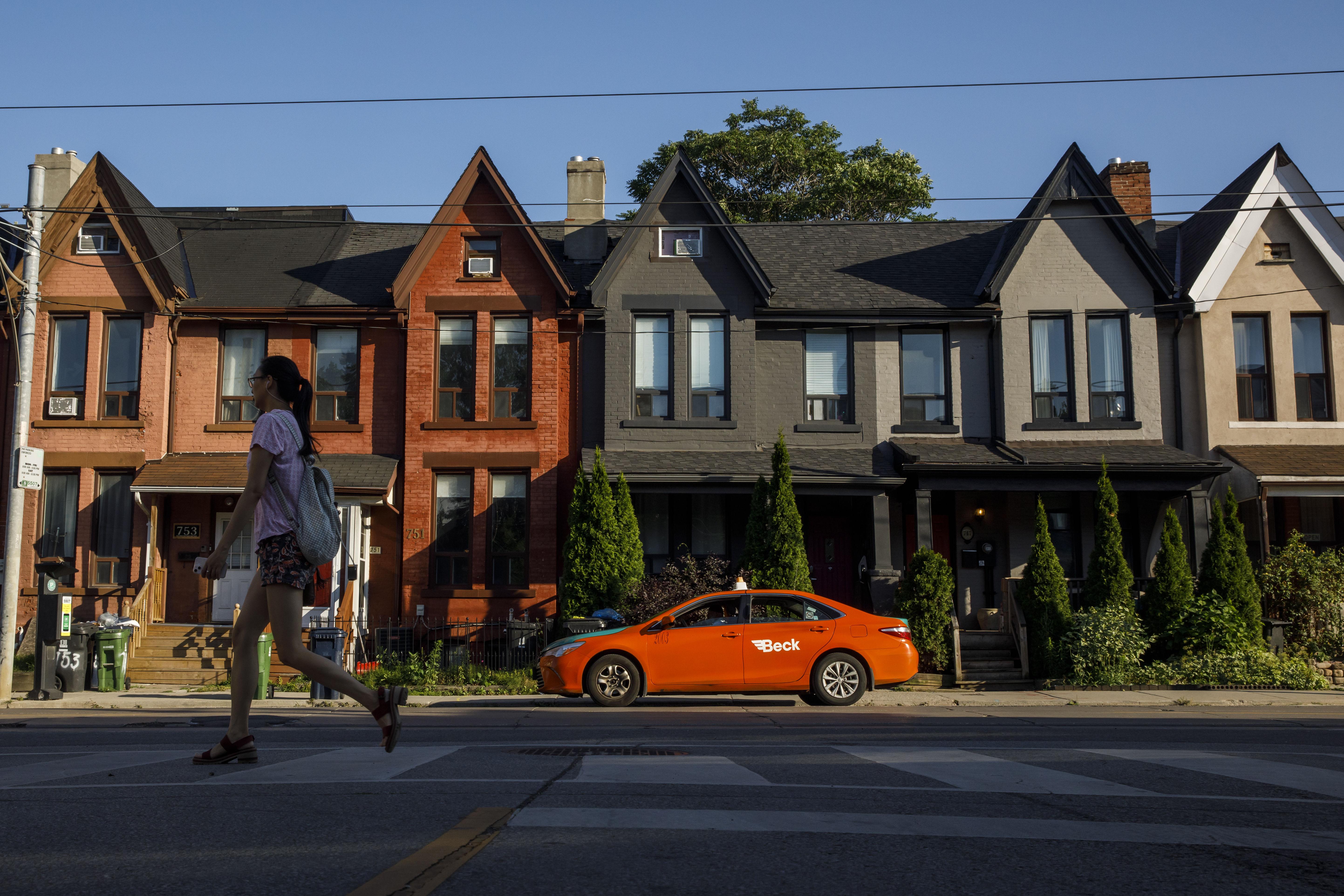What is PIP insurance?
PIP insurance may provide coverage if you or your passengers are injured in a car accident, regardless of who is at fault. Although coverage limits and options can vary, PIP generally covers:
- Medical bills
- Rehabilitation
- Physical therapy
- Lost wages
- Funeral costs
- Essential services
Essential services can include the cost of hiring someone for household maintenance or childcare if you cannot cover these responsibilities due to injuries from a covered incident. For example, if you cannot maintain your home due to injuries you receive in an accident, your PIP may cover these costs.
In some states, PIP may not be available. It is a requirement in other states, though some allow you to waive PIP coverage. It can cover you as a driver or passenger in a vehicle and as a pedestrian or bicyclist if you are hit by a car. PIP offers more robust coverage than medical payments coverage that’s available in states where PIP isn’t an option. Medical payments coverage generally offers less robust coverage than PIP.
It’s important to understand what PIP covers and how it works to know what coverage level is right for you if PIP insurance is available. It does not cover liability, which helps pay for bodily injury or property damage you cause to others. PIP also will not pay for physical damage to your car. Depending on the cause of the damage, comprehensive or collision coverage would pay for the damages, less your coverage deductible.
Which states require PIP?
Some states are considered no-fault, meaning that each driver must pay for their own expenses after an accident. PIP insurance is designed to cover medical expenses and lost wages for yourself and your passengers. Therefore, no-fault states typically require drivers to carry PIP coverage.
However, some states may allow you to opt-out if you can prove you have medical coverage. You will likely have to opt-out in writing to your auto insurer.
| Required PIP coverage | Optional PIP coverage |
|---|---|
| Delaware | Arkansas |
| Florida | Maryland |
| Hawaii | Texas |
| Kansas | Washington |
| Kentucky | Washington, D.C. |
| Massachusetts | |
| Michigan | |
| Minnesota | |
| New Jersey | |
| New York | |
| North Dakota | |
| Oregon | |
| Pennsylvania | |
| Utah |
Do I need personal injury protection?
If your state requires PIP coverage, you will have to include it on your car insurance policy. But even if it is optional, it may be a good idea to consider it.
Optional personal injury protection may be worth considering if you have a high deductible health insurance plan, limited health coverage or no health coverage. If you regularly have passengers in your car, consider their options for health care as well. PIP may be a way to help cover medical costs and lost wages protection for yourself, your family and friends who travel with you if anyone in your vehicle is injured due to a covered claim.
If you are wondering how much PIP insurance to carry or if you should carry the coverage if it’s optional, it’s best to talk with an insurance agent or your car insurance company to help you decide what coverage you need.





